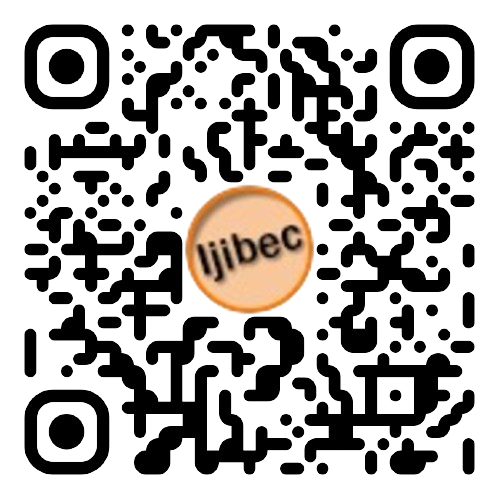A Comparative Study: The Economic Thoughts o Ibn Khaldun and Karl Marx
DOI:
https://doi.org/10.28918/ijibec.v2i1.1249Keywords:
ibn khaldun, karl marx, work, surplus value, necessityAbstract
This paper aims to compare the two great minds of Ibn Khaldun and Karl Marx in terms of their similaritiesand differences. In term of similarities, Ibn Khaldunsuggests the fall of empire sovereigntywhich is in linewith Karl Marx’s idea of the destruction of capitalism. According to Karl Marx, the development of modes of production from time to time is a necessity. Whereas, Ibn Khaldun in his bookof Al−Muqaddimah argues thatthe fall of empire sovereignty is rooted in the nature of its power. Marx assumes that the capitalistsystem ‘inevitably’ will continuously foster the surplus value, while Ibn Khaldun states that the nature of power is about pursuing luxuries.This research applied descriptive comparative and qualitative approach.The study concludes that there are some similarities between Ibn Khaldun and Karl Marxalthoughthere are more distinct differences. This is because of the following factors:(1)lifebackground,(2) assumptionusedbybothfigures, (3) social state of the society, and (4) influence of the previous scientific thoughts. The difference in the course of economic conception −work, surplus value, and the law of necessity−lies in the paradigm which both concepts use. Ibn Khaldun applies induction approach bysummarizing the general case of many historical events and disappearance of the former empires. Whereas, Marx uses class conflict approach as the basis for his theory. As its implication,similarities ofthese concepts do not necessarily require the same paradigm. A review of economic thought of the preceding figures should apply a contextual approach, that is, from the condition of the relevant figure.













